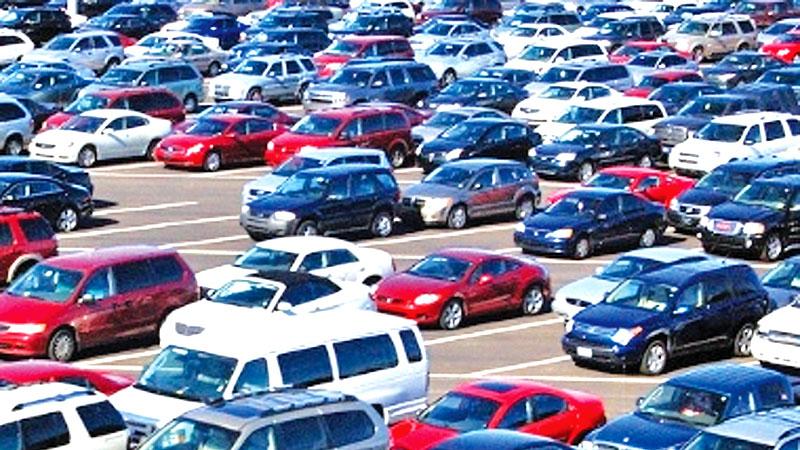
Vehicle merchants, displeased with the new regulation on the Loan to Value (LTV) ratio, said the move will deny the opportunity for average income earners to purchase a vehicle which is a must today, given the appalling state of transportation the country.
Merchants said the new leasing regulation makes it difficult for the middle income earners who have been deprived the chance of owning a vehicle for a considerable time to purchase a car or van as they will need to have excess cash in hand or an adequate saving. The move is an additional burden to those hoping to buy a brand new vehicle.
“While increasing taxes will boost State coffers, reduce vehicle imports and help to ease traffic congestion, it has also has a dented the vehicle industry which has suffered for a long period due to staggering duty on imported vehicles, which is among the highest in the world,” merchants said.
Vehicle Importers’ Association of Sri Lanka (VIAL) President Indika Sampath Meerenchige said while the new leasing regulation is in keeping with the 2017 Budget proposal to curb vehicle imports the issue for vehicle importers is that the industry will again get stagnated as many would postpone purchasing a vehicle until there is a downward revision in prices.
“The upfront payment will be more for the average income earners who will be required to pay 50 percent of the cost of a car, van and jeep which is used for personal, family and commercial purposes,” Meerenchige said.
However, vehicle importers said that they have no issue with the LTV imposed for three wheelers as it is time that the country shifts to four wheel vehicles to ensure safety and convenience.
“What we cannot agree is while the LTV for buses being 90 percent and vehicles used for tourism 100 percent cars and vans which are also used for transportation in the tourism sector, school service and self employment is 50 percent,” Meerenchige said.
AMW Managing Director Sampath Rajapaksa said the new Loan to Value regulation will make it even more difficult for the average Sri Lankan to own a basic motor car.
Sri Lanka is still a developing country and the duty on the import of motor cars is one of the highest in the world. The duty on small cars have been increased thrice (by almost 64%) during a period of 12 months.
He said that in addition to the high prices, when there is a 50 percent LTV on brand new car purchases that would mean a person would need in excess of one million rupees in savings to purchase a car. In the absence of proper public transport infra structure this will definitely create lot of social issues as transport is a basic need of a citizen.
The reduction in the LTV for commercial trucks to 90:10 is noteworthy and timely if we want to see a boost in economic activity. However, excluding tractors and small trucks is something which needs the attention of the authorities and immediate corrective action
The new LTV in leasing for vehicle purchase, as proposed in the 2017 Budget came into effect last week. Accordingly the LTV ratio for three wheelers is 25 percent, cars and vans 50 percent and 90 percent for lorries and buses. Vehicles used for transportation in the tourism sector will enjoy 100 percent leasing.
Previously those intending to purchase a three wheeler had to pay only 10 percent of the value of the vehicle while the balance was through leasing.
The Central Bank has instructed commercial banks and leasing companies to abide by the new leasing scheme when providing loans for vehicle leasing.
Transportation sector experts said the new leasing scheme for trishaws is a good move as it is time that steps are being taken to stop importation of three-wheelers which has far exceeded its demand and the primary cause for many fatal accidents.
The three wheeler is branded as the poor man’s mode of transportation. However, it has a negative impact on the country as the potential of youth which could be harnessed for more beneficial economic activity is lost.
Statistics reveal that three-wheelers have outnumbered all other category of vehicles in the country.
